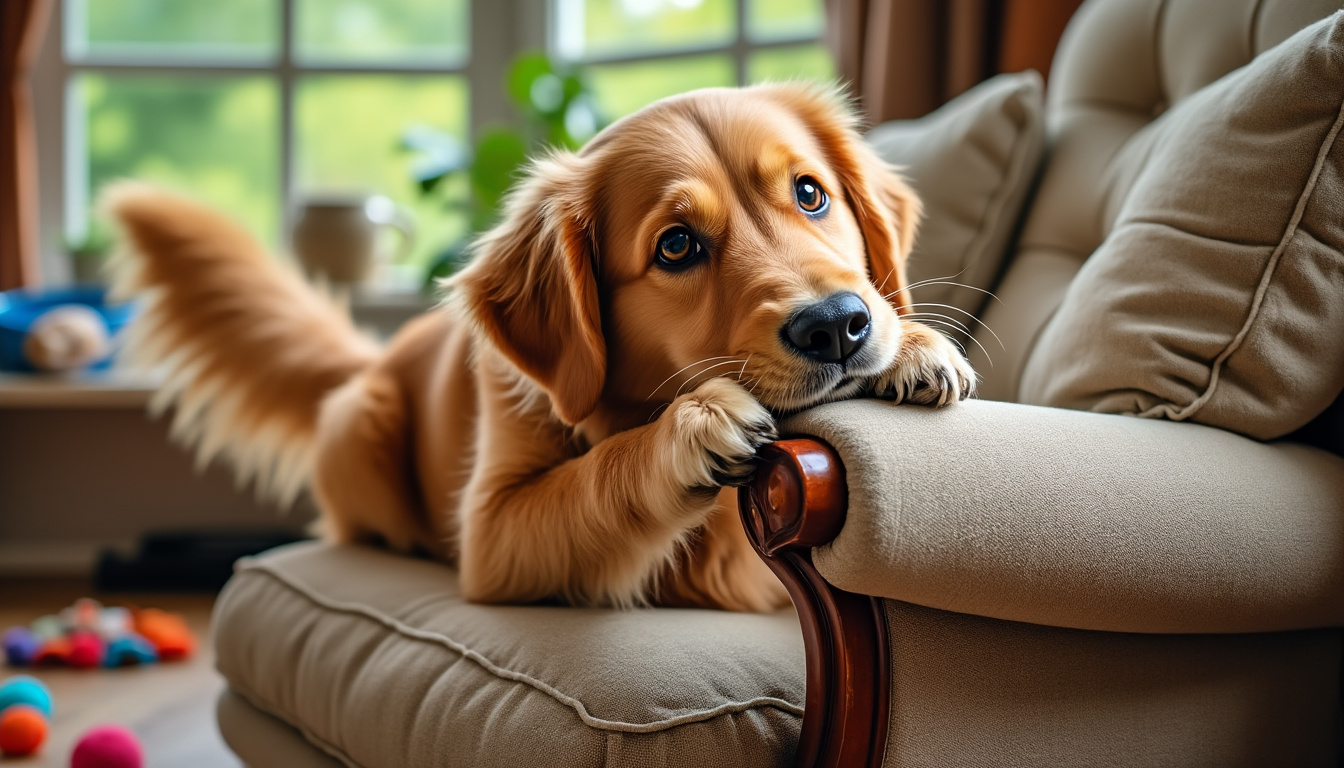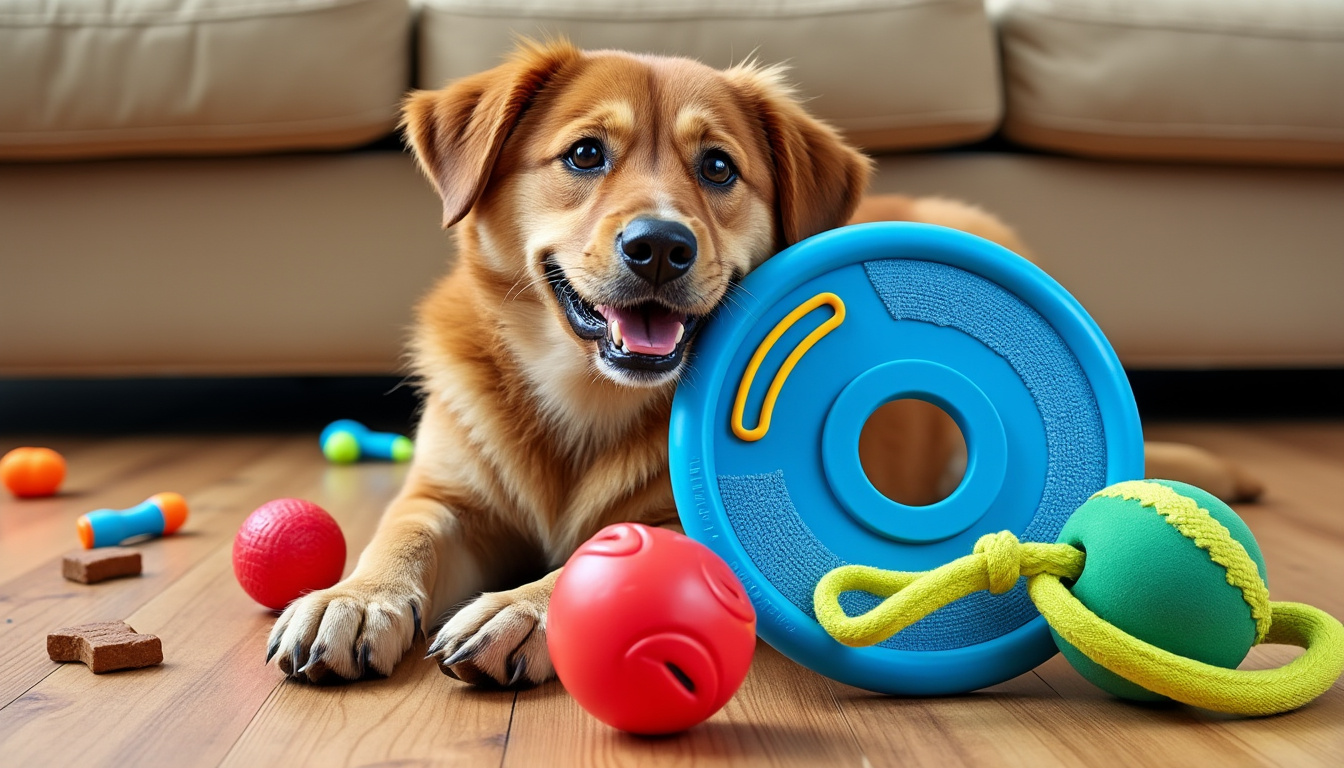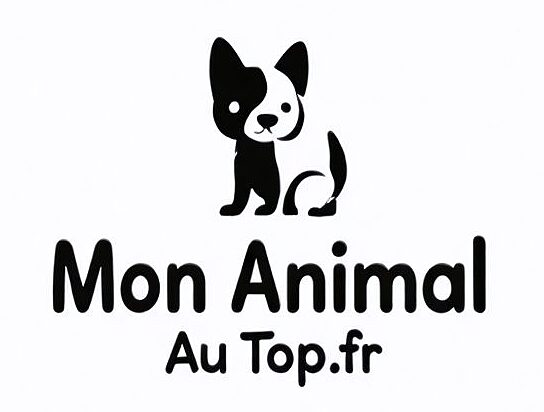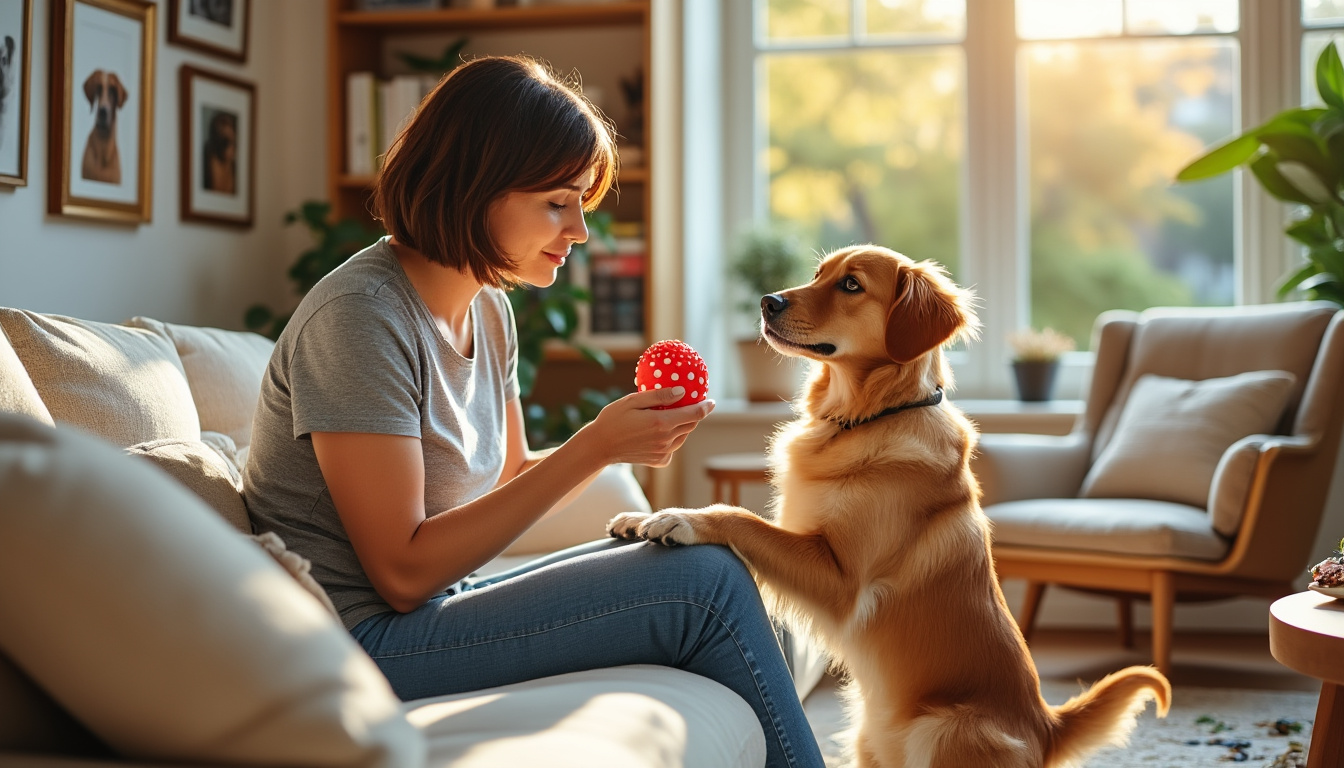Comment to correct destructive behaviors in dogs?
Destructive behaviors in dogs can pose a real challenge for owners, often frustrated by the situation. These behaviors, typically motivated by unmet needs such as boredom, separation anxiety, or chewing needs, require a thorough analysis to be addressed effectively. Correcting these behaviors necessitates not only understanding their causes but also adopting appropriate breeding methods. This article will explore the different reasons behind destructive behaviors while proposing concrete solutions to help owners restore harmony in their home and enhance the well-being of their precious companion.
The causes of destructive behaviors in dogs

Understanding why your dog exhibits destructive behaviors is essential to remedy the situation. There are several reasons that explain this type of behavior, and it is crucial to identify them to correct them better.
Separation anxiety: an emotional distress
Separation anxiety is one of the main causes of destructive behaviors in dogs. When left alone, some dogs experience marked anxiety, leading them to chew and destroy objects around them. This can include furniture, doors, and even shoes. Common signs include excessive vocalizations, restless behavior before their owner leaves, and even accidents indoors.
To help a dog suffering from separation anxiety, it is recommended to implement a gradual desensitization. Start with short absences and then gradually increase the duration. Creating a reassuring routine by leaving an interactive toy or playing soothing music can also prove helpful.
Inadequate stimulation: boredom and lack of exercise
Another contributing factor to destructive behavior in dogs is a lack of mental and physical stimulation. An animal that does not receive enough exercise or mental interaction may begin to destroy objects for entertainment. Puzzles, such as treat-dispensing toys, allow your dog to stay engaged and happy.
Regular walks and active games like frisbee or fetch are also very important. By increasing your physical activity with your dog, you can not only reduce its destructive behaviors but also strengthen your bond.
Physiological needs: chewing and destruction
Dogs have an innate need to chew. Failing to provide appropriate toys to meet this need may lead them to seek out objects to destroy. It is essential to offer them durable toys, such as rubber toys, deer antlers, or other items designed for chewing. For example, Kong toys are ideal as they can also be filled with treats, thus capturing your dog’s attention for a while.
Methods to correct destructive behaviors
Once the underlying causes have been identified, it is important to adopt different dog training techniques to correct destructive behaviors. Here are effective strategies to help your dog become more obedient and less destructive.
Education and training: providing a framework
The training for destructive dogs involves establishing clear rules. Teaching your dog to respect the limits and areas of the house is essential. Basic commands like “no” or “leave” should be taught. When your dog starts to destroy an inappropriate object, a firm “no” will signal that this behavior must stop immediately.
This requires consistency. Every family member must not only use the same words but also apply the same consequences. Rewards, such as treats, can also be used to reinforce positive behaviors.
Stimulation and activity: keeping your dog occupied
To counter boredom, the key is to include regular physical activities and mental exercises in your dog’s daily life. In addition to daily walks, participating in agility or training classes can stimulate your dog both physically and mentally. Socialization techniques can also be incorporated to help reduce destructive behaviors by allowing your dog to interact with other animals.
Durable toys and anti-destruction brands

The use of durable dog toys is an essential solution. Investing in trusted brands can be crucial to reduce the risks of destruction. These toys are designed to withstand intense chewing. Brands like Kong and Petstage offer a variety of products, from chew toys to interactive toys.
Toys and accessories as preventive solutions
Chewing toys and interactive toys can truly enhance your dog’s daily life. Treat-dispensing toys, for example, provide an excellent way to entertain your dog while keeping it mentally occupied. By providing appropriate alternatives, you can help prevent destructive behaviors.
Anti-destruction brands are increasingly investing in research to create products tailored to the needs of destructive dogs, thus reducing the risk of property damage.
Secure spaces and training collars
Using a secure space, such as a training crate, can provide your dog with a place where it feels safe during your absences. Furthermore, a dog training collar can also be a useful tool in appropriate training. These collars are designed to play a role in training, developing healthy habits in your pet.
It is essential to choose methods that respect animal welfare. Prioritizing gentleness and patience in the training process is vital to help your companion thrive. Educational accessories should therefore be used in conjunction with proper dog training.
Overcoming behavioral issues
If despite your efforts, destructive behaviors persist, it may be necessary to seek professional help. A dog trainer or behaviorist will be able to provide expertise on dog behavior corrections. This support can be invaluable in establishing a tailored action plan, leading to a better understanding of your dog’s behaviors.
Consulting a professional: the path to success
Consulting an animal behavior expert can help clarify the specific challenges you and your dog may encounter. These professionals are trained to identify underlying issues and offer suitable solutions. Don’t hesitate to ask for references and read reviews from other pet owners. A good teamwork between you and the chosen professional can lead to lasting results.
Medication: the last resort
In some cases, medication may be necessary to help your dog manage its stress or anxiety. However, this should always be considered as a last resort, after trying various natural and educational solutions. A veterinarian can assess the need for medication therapies, which should always be accompanied by a behavioral rehabilitation program.
| Causes of destructive behaviors | Solutions |
|---|---|
| Separation anxiety | Gradual desensitization, interactive toys |
| Lack of stimulation | |
| Chewing needs | Durable toys, selection of suitable products |
| Socialization issues | Socialization outings, positive training |
Correcting your dog’s destructive behaviors takes time, patience, and a caring approach. By identifying the underlying causes and implementing appropriate solutions, you can help your dog better manage its emotions and find positive ways to express its energy. Don’t hesitate to share your own experiences and advice, as every dog is unique and deserves special attention to prevent destructive behaviors.




